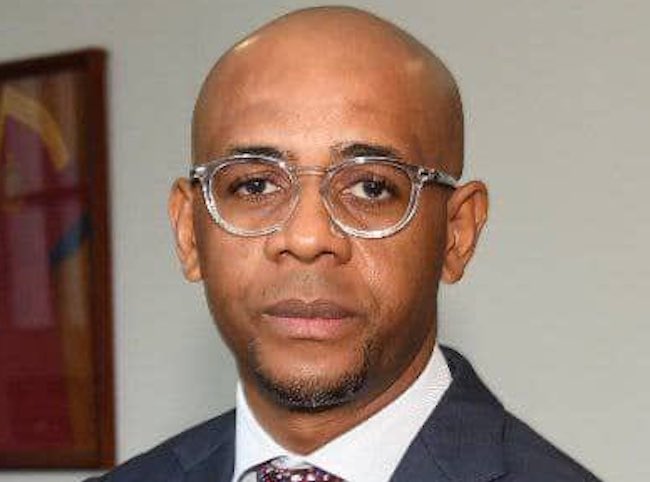Equatorial Guinea is undergoing a significant leadership change within its National Agency for Financial Investigation (ANIF) following a scandal that has sent shockwaves through the government’s highest ranks. President Obiang Nguema Mbasogo has appointed Zenón Obiang Obiang Avomo as the new Director General of ANIF, replacing Baltasar Ebang Engonga. Engonga’s dismissal comes on the heels of troubling accusations related to his conduct while in office, most notably a sex scandal that has captured public attention and prompted widespread outrage. The change in leadership underscores the seriousness with which the government is responding to issues of public ethics and accountability.
The scandal surrounding Engonga is particularly egregious as it involves the discovery of over 400 explicit videos purportedly recorded by him, which feature the wives of prominent officials, including high-ranking ministers and even the President’s sister. These disturbing revelations surfaced during a surprise investigation into financial irregularities associated with Engonga, a noted economist. The videos are said to have been filmed with the consent of the women, but their unauthorized release has sparked a public outcry and raised concerns about the trustworthiness of public officials.
Engonga’s abrupt arrest and subsequent firing are articulated in an official government decree citing “irregularities committed in the exercise of his functions, as well as inappropriate family and social conduct.” This decree, numbered 118/2024 and dated November 4, stresses the government’s commitment to maintaining a standard of ethics within public service. The implications of his actions have not only highlighted individual misconduct but also point to systemic issues regarding oversight and accountability mechanisms within the government.
In light of these events, the Equatorial Guinean government is taking concrete steps to prevent future misconduct. Reports suggest that authorities are implementing stricter measures, including the installation of surveillance cameras in government offices to ensure transparency and adherence to ethical practices. By enhancing oversight facilities, the government aims to deter similar ethical violations and reinforce a culture of accountability among public servants.
Zenón Obiang Obiang Avomo, the new appointee, has a background in law and has held various significant governmental roles, including Magistrate Judge and Director General at several ministries. His extensive experience in public service positions him well to lead ANIF during this challenging time. There are high expectations that Avomo can restore confidence in the agency and contribute to a more rigorous enforcement of financial regulations and ethical conduct across the government.
Overall, the recent leadership changes in Equatorial Guinea symbolize not only a shift within ANIF but also reflect broader societal demands for transparency and ethical behavior within governmental institutions. With the appointment of Avomo and the implementation of new measures to curb misconduct, the government of Equatorial Guinea appears to be making a concerted effort to improve its public service standards and respond to the serious ethical transgressions highlighted by the recent scandal involving Engonga.


